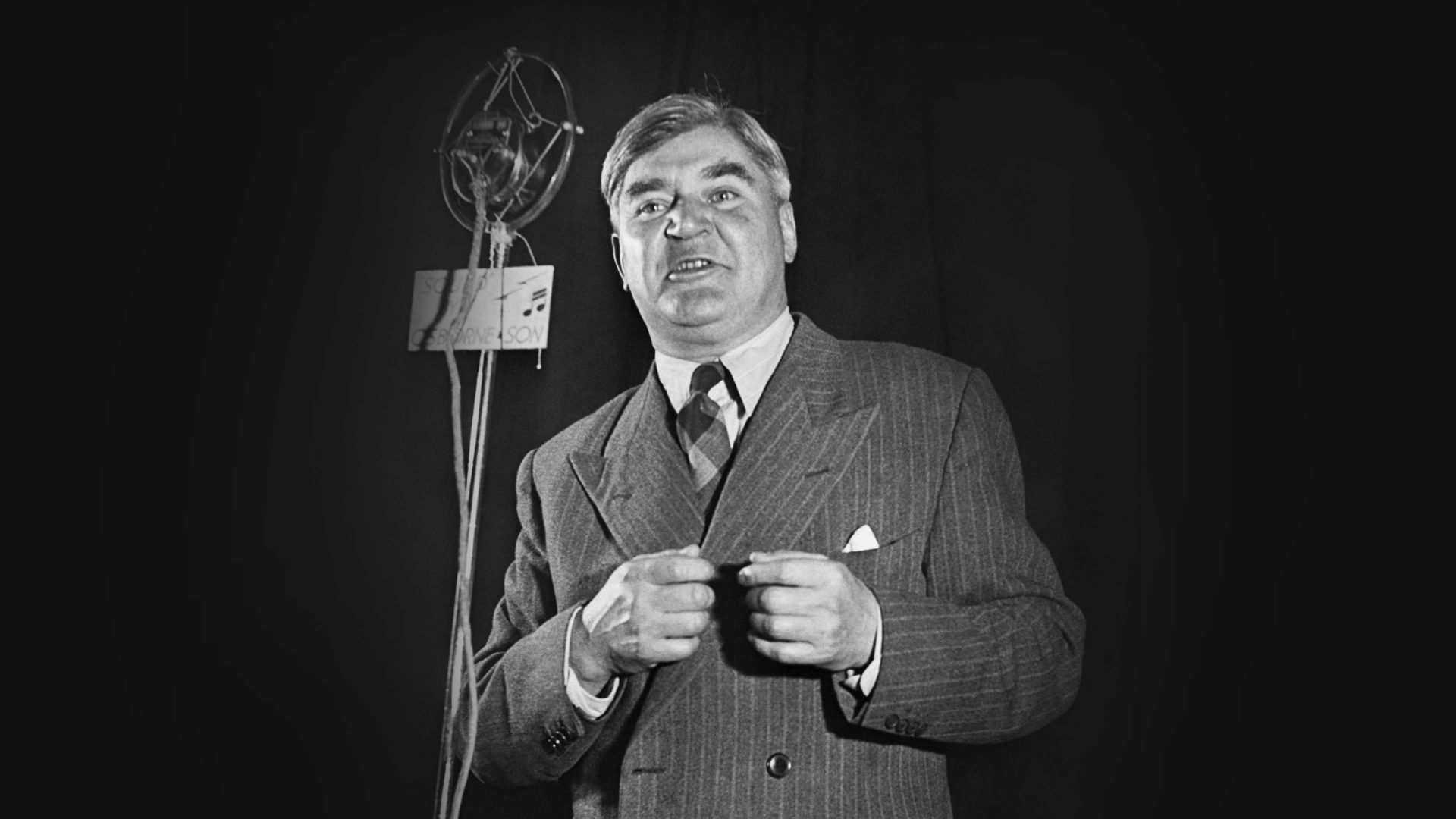A visit to the National Theatre to see Nye, the new play about the creation of the National Health Service, confirms the regrettable British need to have one single British hero in each story, one man without flaw or guile, who wins for all of us by sheer decency and idealism. One day, I suspect, Boris Johnson will be the beneficiary of such a revisionist take.
Back in 2017, in order to turn Winston Churchill into just such a hero, the writer Anthony McCarten built the film Darkest Hour around one big falsehood: that in 1940, Churchill was isolated in the war cabinet, the rest of whom believed Britain must negotiate with Hitler. Churchill is almost overwhelmed by this. Only King George VI offers him support.
The film has a ludicrous scene in which Churchill travels on the tube from Embankment to Westminster, during which he speaks to a few ordinary people who buoy him up with their courage and defiance.
He never made such a trip, of course, and the king had nothing to do with it. Churchill’s support in the five-strong war cabinet came from Labour leader Clem Attlee and Attlee’s deputy, Arthur Greenwood, who would not countenance negotiating with Hitler.
This year, Nye Bevan gets the Churchill treatment at the National Theatre, and it’s once again Attlee who gets airbrushed out to make room for our hero. Attlee is here presented as a rather verbose character, when in fact he was famously taciturn and monosyllabic.
That doesn’t really matter. What matters is that this Attlee is horrified at Nye’s conflict with the doctors, implores him to stop, calculates the political benefit if Nye were to fail, and withdraws support at a crucial moment. If there were any truth at all in any of this, Nye would have failed, and we would not have the NHS. Nye succeeded because Attlee took the risk of appointing him, and then backed him to the hilt.
The story is told in a series of flashbacks, with Nye rising from his hospital bed to take part in his own story. So he wears his pyjamas throughout the play, while the other characters are in correct period dress, a device that makes it a little hard to take him seriously.
But that hardly matters, for playwright Tim Price does not offer us a serious picture of Nye, but a character who is determined, idealistic, simple, and lacking in persuasive power. People continually have to stop him from allowing his passions to get out of hand. There is no sense of the accomplished politician, or of the orator who could move great audiences.
The writers, I imagine, would claim artistic licence. Turning history into drama, you’re entitled to be a little creative with the facts. You can alter the sequence of events, even invent some, and of course you have to invent a lot of dialogue. But I don’t think you should distort history to the point where it gives a false impression.
It doesn’t even make better drama. In 1940, Britain was hours away from a German invasion which military chiefs thought would succeed. That the government was not panicked into negotiating with Hitler was the work of two very brave men, Churchill and Attlee. You don’t have to lie in order to make that dramatic.
In 1945, Attlee and Bevan faced a Tory Party, a British Medical Association, and a Tory client media all claiming that the NHS was Nazi-inspired. The BMA said: “The so-called National Health Service is the first step towards National Socialism as practised in Germany. The bill could be written in two lines: I take power to dictate exactly what medical treatment everyone gets, signed Aneurin Bevan, Führer.”
Despite such unhinged resistance and an economy ravaged by war, Attlee and Bevan persisted. You don’t need to change history to make that heroic.
Francis Beckett is an author, journalist, biographer, and contemporary historian



